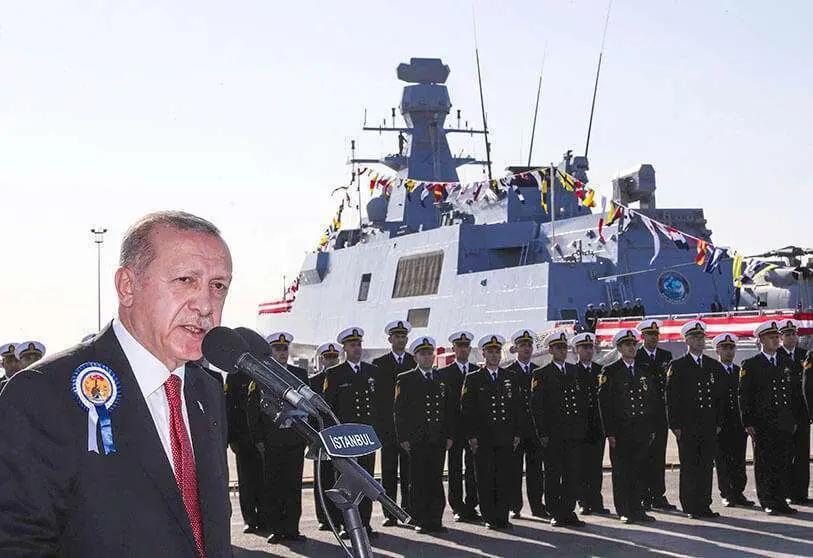Turkey opposes the Greek-Egyptian pact for control of Mediterranean waters

The battle for control of the waters of the Mediterranean is entering a new phase. Egypt and Greece on Thursday signed a maritime agreement to counterbalance that previously agreed by Libya and Turkey.
The new agreement between Athens and Cairo establishes the maritime boundary between the two countries and demarcates an exclusive economic zone (EEZ) for oil and gas drilling rights.
Egyptian and Greek Foreign Ministers Sameh Shoukry and Nikos Dendias, respectively, agreed in Cairo to the pact that "allows both countries to move forward to maximize the use of the resources available in the EEZ, especially the promising oil and gas reserves," Shoukry said. The Greek minister added that the agreement falls within the framework of international law and "respects all concepts of international law and the law of the sea and good neighborly relations, and contributes to the security and stability of the region.
For its part, Turkey has rejected this agreement. In a press release the Turkish Foreign Ministry said it was unhappy: "Greece and Egypt do not share a maritime border. Turkey considers the so-called agreement on the delimitation of the maritime authority, signed today (Thursday), to be null and void".
The agreement between Cairo and Athens is a response to a similar agreement between Turkey and the government based in Tripoli last year that has increased tensions in the eastern Mediterranean region. This agreement was widely rejected by Egypt, Cyprus and Greece as a violation of their economic rights. The European Union also spoke out against this agreement at the time, arguing that it amounted to a violation of international law that threatened the stability of the region.
Disputes between Greece and Turkey over maritime borders go back a long way, especially over gas exploration off the east coast of Cyprus, an island divided between Greek and Turkish control since 1974. But recent natural gas discoveries and drilling plans in the eastern Mediterranean have exacerbated the conflict.
"Turkey will not allow any activity in that region and is determined to continue defending without hesitation the legitimate rights and interests of our country and the Turkish Cypriots," continues the Ankara note, which recalls how in 2003 both Egypt and Greece tried to "plunder" the rights of the people of Libya, when Cairo signed a maritime treaty with Cyprus in which it relinquished 11,500 square kilometres.
In early August, the Egyptian government claimed that Turkey had conducted a seismic survey in the eastern Mediterranean that invaded the waters where Cairo claims exclusive rights.
Furthermore, Turkey maintains that the Greek islands should not be included in the calculation of maritime zones of economic interest, a position which Greece claims violates international law. Greece has about 6,000 islands and islets in the Aegean and Ionian seas, more than 200 of which have inhabitants.
According to the UN Convention on the Law of the Sea, Article 57 allows for the establishment of an EEZ of 200 nautical miles, about 370 km, from the coast.
For the Egyptian foreign minister "relations between Egypt and Greece have been crucial in maintaining security and stability in the eastern Mediterranean region and in countering threats caused by irresponsible policies that support extremism and terror", referring to Ankara's support for the Tripoli government.
In Libya's war on power, Egypt is on the opposite side of Turkey and has supported the rival administration based in eastern Libya; and, for Cairo, Turkey supports extremists on behalf of the UN-backed Executive in Tripoli.









